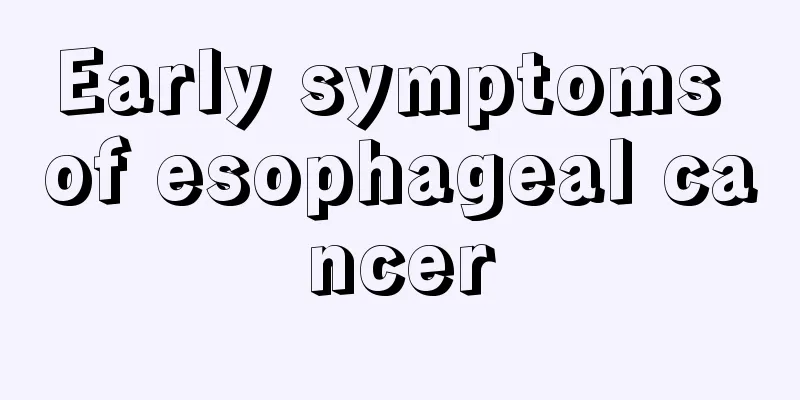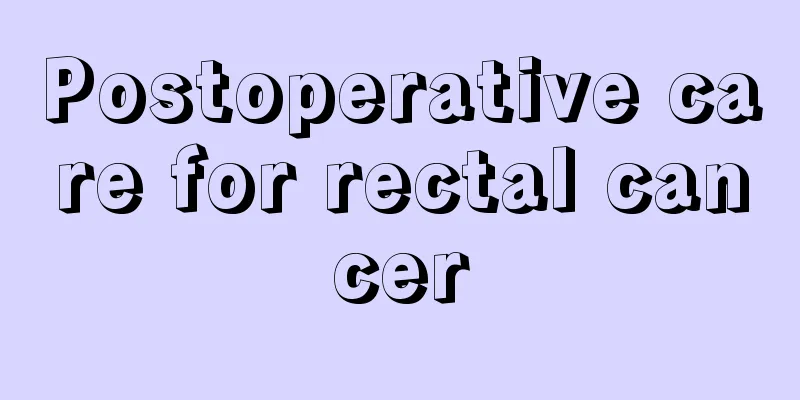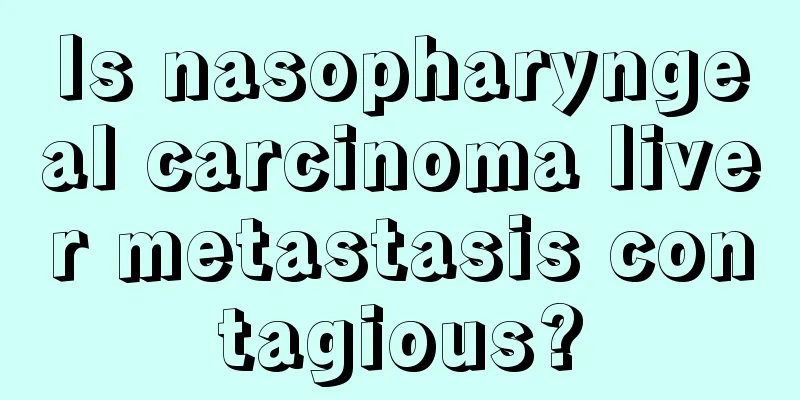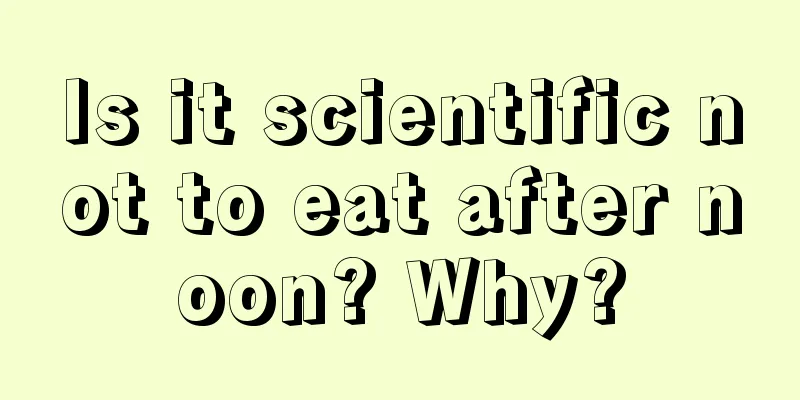Early symptoms of esophageal cancer

|
Esophageal cancer may not have obvious symptoms in the early stages, but some people may feel discomfort after eating, burning behind the breastbone, or a sense of obstruction when swallowing. Knowing these early symptoms can help with timely detection and treatment. 1. Discomfort when eating and burning sensation behind the sternum Many people may ignore discomfort after eating in the early stages, thinking it is just a normal digestive problem. But if this discomfort persists, especially if it is accompanied by a burning sensation behind the breastbone, it needs attention. This burning sensation may be similar to the feeling we feel after eating spicy food, but more persistent and frequent. 2. Difficulty swallowing or feeling of obstruction People with early-stage esophageal cancer may feel as if food is stuck in their throat or chest when they swallow. This sensation may be mild at first and occur only with solid foods, but as the disease progresses, the obstruction may become more severe and occur even with water or liquid foods. 3. Weight loss and fatigue Because you have trouble swallowing, you may unconsciously eat less food, which can cause you to lose weight. Your body uses a lot of energy to fight cancer, which can cause you to feel tired. If you find yourself losing weight in a short period of time without trying, or if you feel tired, this could be a warning sign. 4. Hoarseness or persistent cough If the cancer cells affect the vocal cords or irritate the trachea, it may cause hoarseness or a persistent cough. These symptoms are often mistaken for a cold or allergies, but if they last for more than two weeks, you should consider seeing a doctor. 5. Regular health checks and early screening Since early symptoms may not be obvious, regular health checks are particularly important. High-risk groups, such as those with a family history or a long history of smoking and drinking, are recommended to undergo esophagoscopy. This is an effective screening method that can help detect lesions early. 6. The preventive effect of a healthy lifestyle One of the most effective ways to prevent esophageal cancer is to maintain a healthy lifestyle. Reducing tobacco and alcohol intake, increasing fruit and vegetable intake, maintaining a good weight and exercising regularly can all help reduce your risk. Avoid foods that are too hot, spicy or too rough, which may irritate the esophagus. 7. Psychological support and treatment options Once diagnosed, psychological support is as important as treatment options. Early esophageal cancer has a better treatment effect, and surgery, radiotherapy, and chemotherapy are all common treatment methods. Patients and their families should actively communicate with doctors, understand the pros and cons of various treatment options, and make decisions based on their own circumstances. Knowing these early symptoms and preventive measures can help us better protect ourselves and our families. Timely detection and treatment of esophageal cancer is the key to improving the cure rate. Staying alert and paying attention to changes in your body can help you get ahead of the disease. |
<<: Five physical signs of early gastric cancer?
>>: What kind of people are prone to stomach cancer?
Recommend
Drug treatment for postoperative recurrence of cervical cancer
At the end of June 2007, Miss Huang from Hunan su...
How to effectively prevent diphtheria?
Pharyngeal diphtheria is actually an acute infect...
Some important nursing tips after brain cancer surgery
After brain cancer surgery, the patient's bod...
How to prolong the life of patients with gallbladder cancer
Daily life is the area that needs the most attent...
Why does fever occur after taking live attenuated Japanese encephalitis vaccine
Generally, if the baby has a fever after vaccinat...
17 tips to prevent cervical cancer
Many people are afraid of the word "cancer&q...
Is bulging cardia an early symptom of cancer?
A bulge in the cardia is not necessarily an early...
What to do with a mild anal fissure and how to treat it
The symptoms of anal fissure can be divided into ...
What is the treatment for depression?
In real life, depression is a psychological disea...
Early symptoms of breast cancer
There are no obvious early symptoms of breast can...
Should I trim my nose hair?
Everyone has nose hair in their nasal cavity. Nos...
What medicine is good for the kidneys
Kidneys are particularly important to us. They ar...
What drug is best for treating bone metastasis of renal cancer?
In the treatment of kidney cancer, generally spea...
What symptoms will appear after suffering from prostate cancer
When it comes to prostate cancer, a male disease,...
Are there any symptoms of uterine cancer?
Are there any symptoms of uterine cancer? Uterine...









